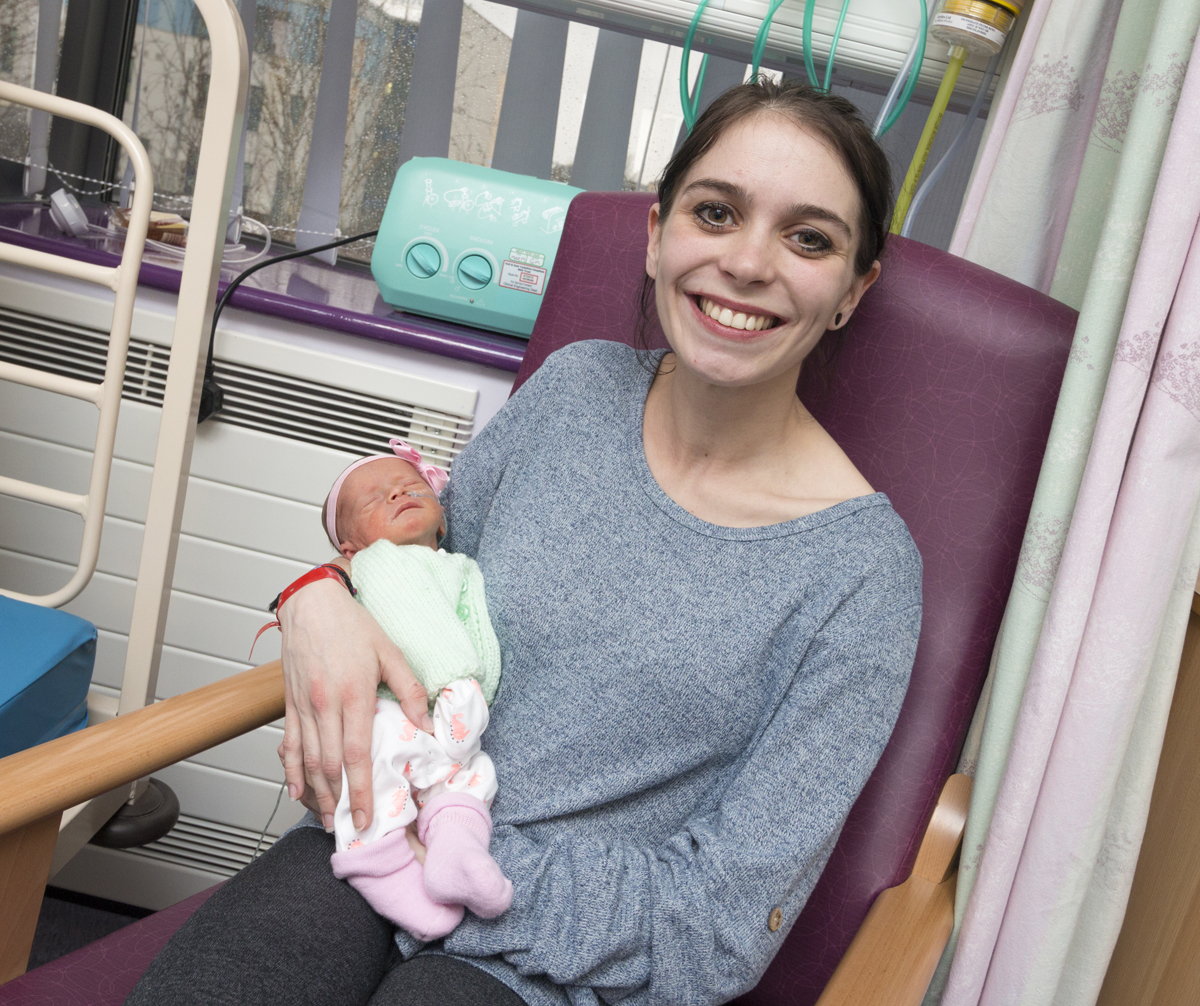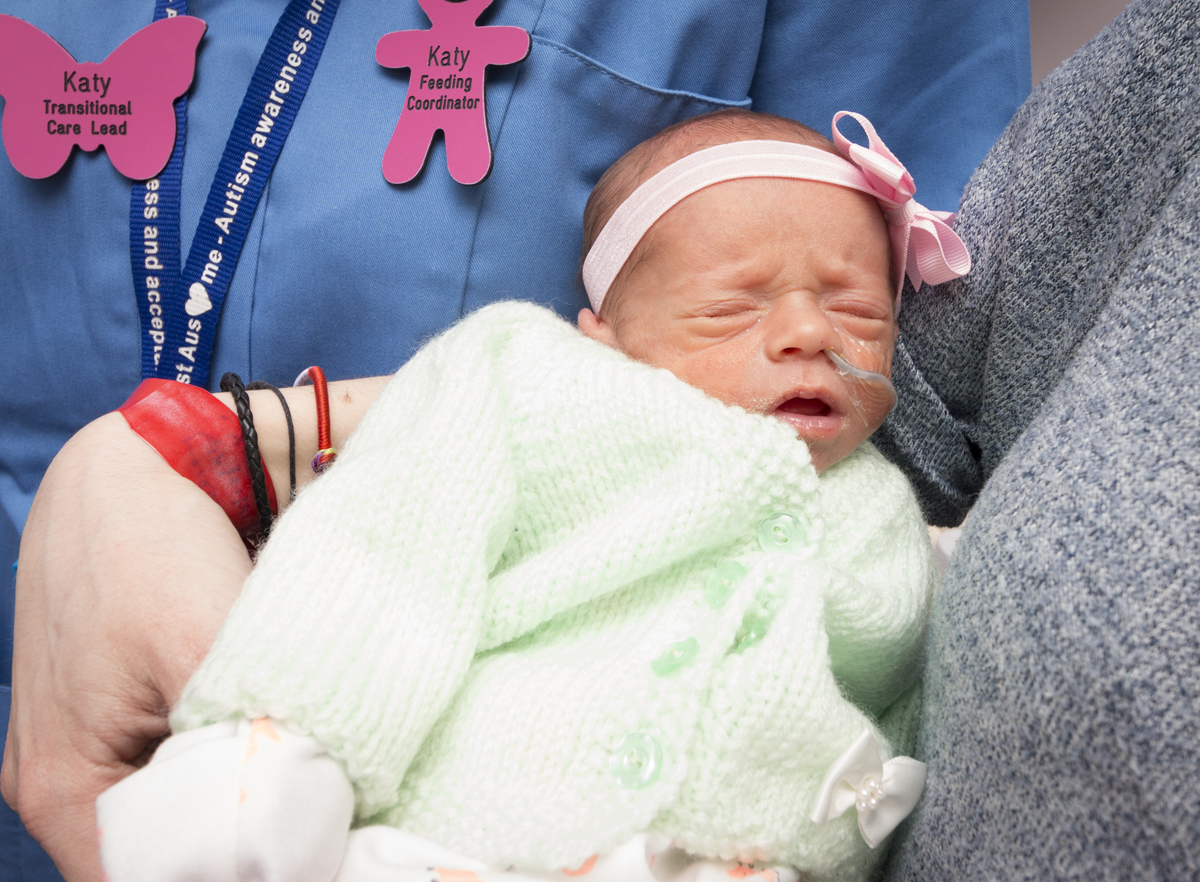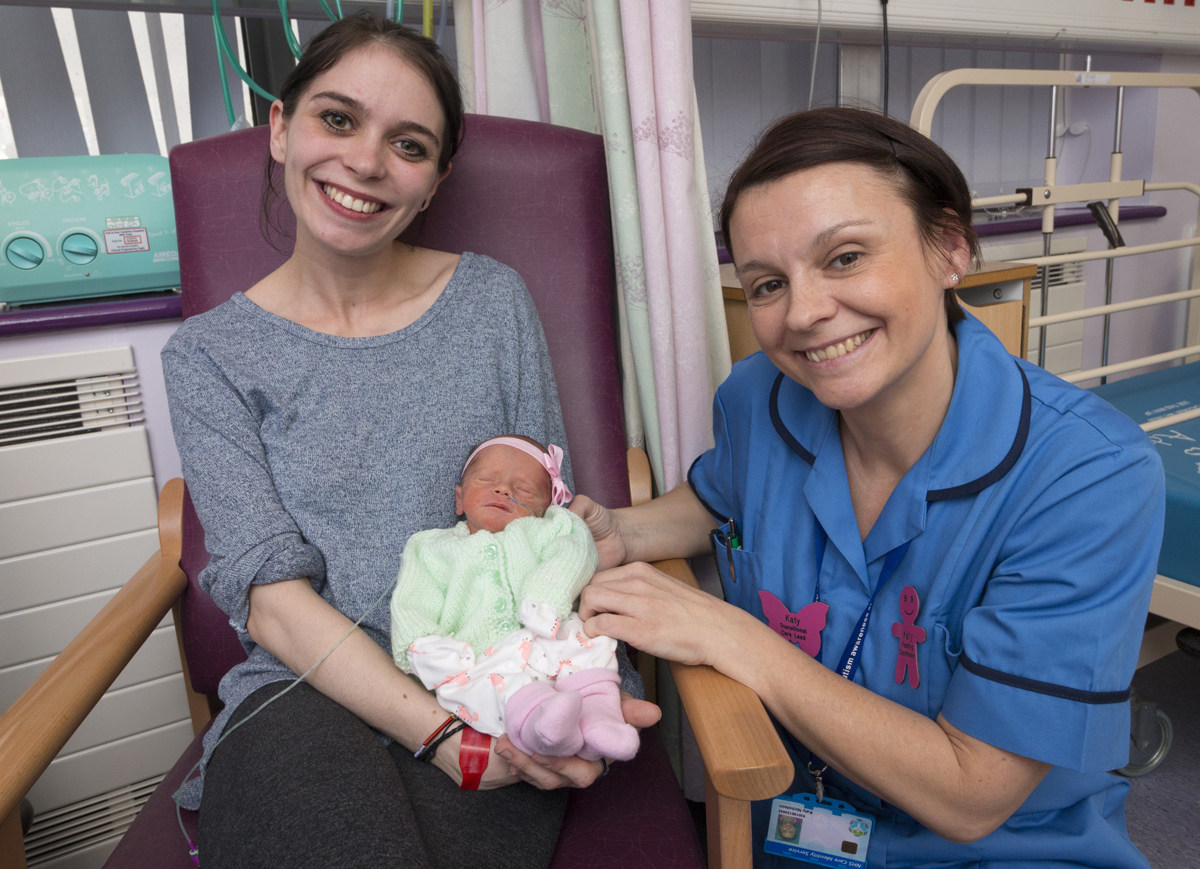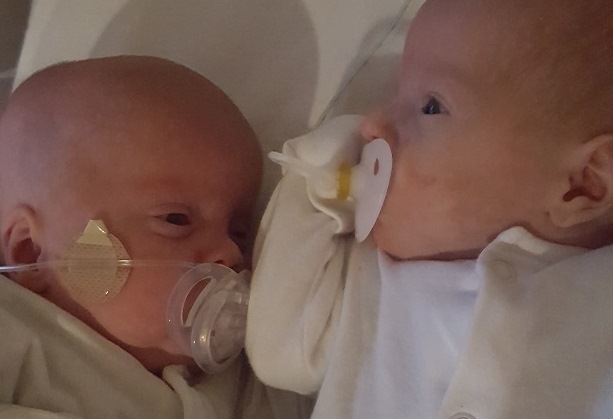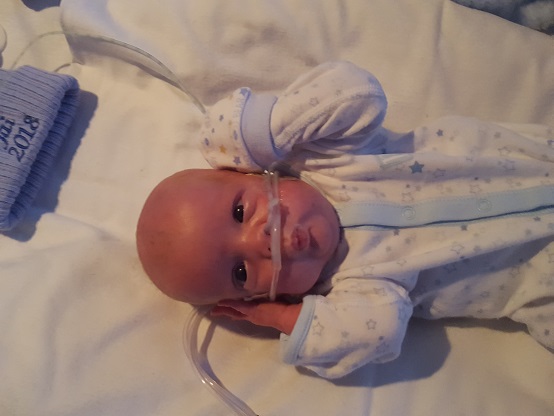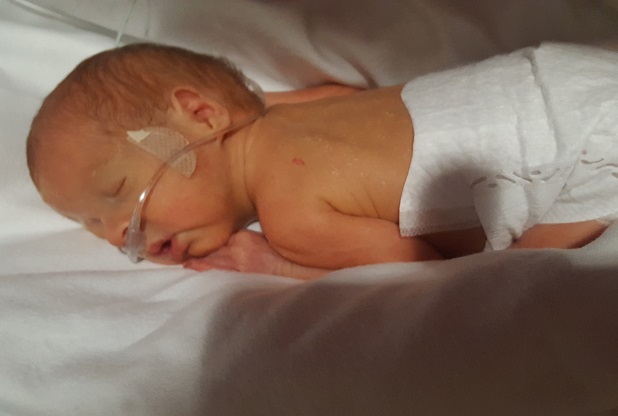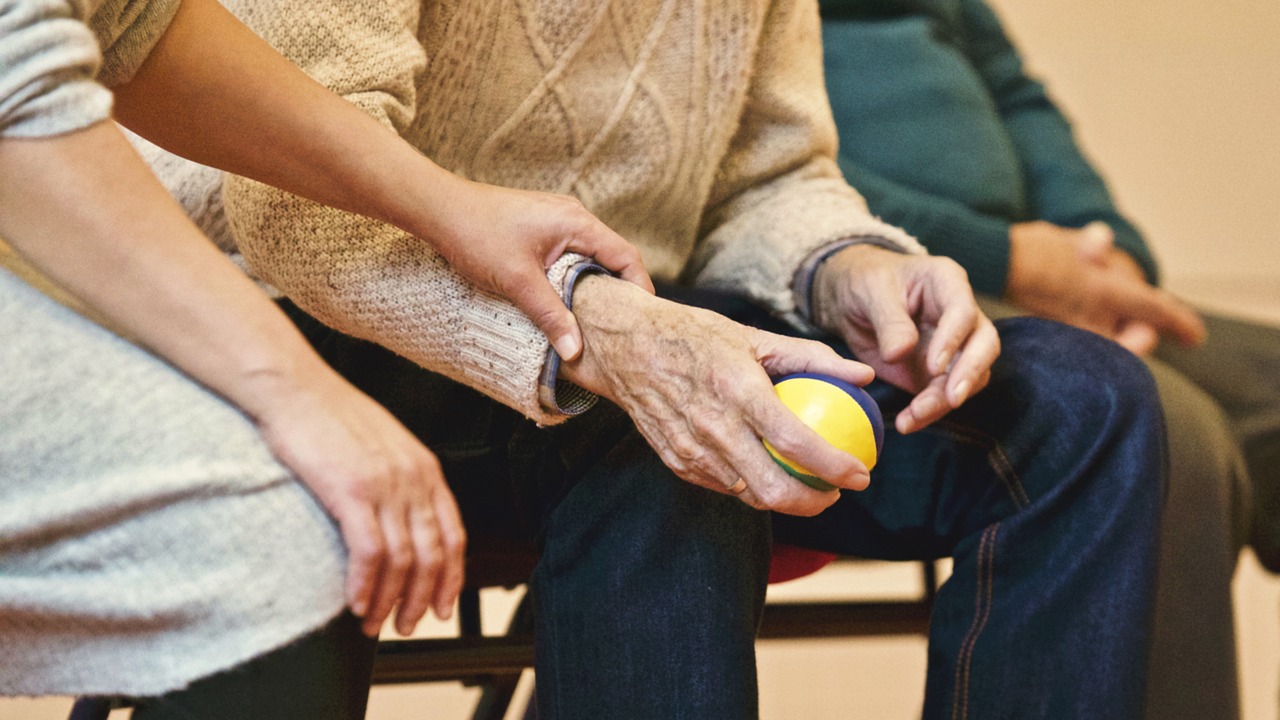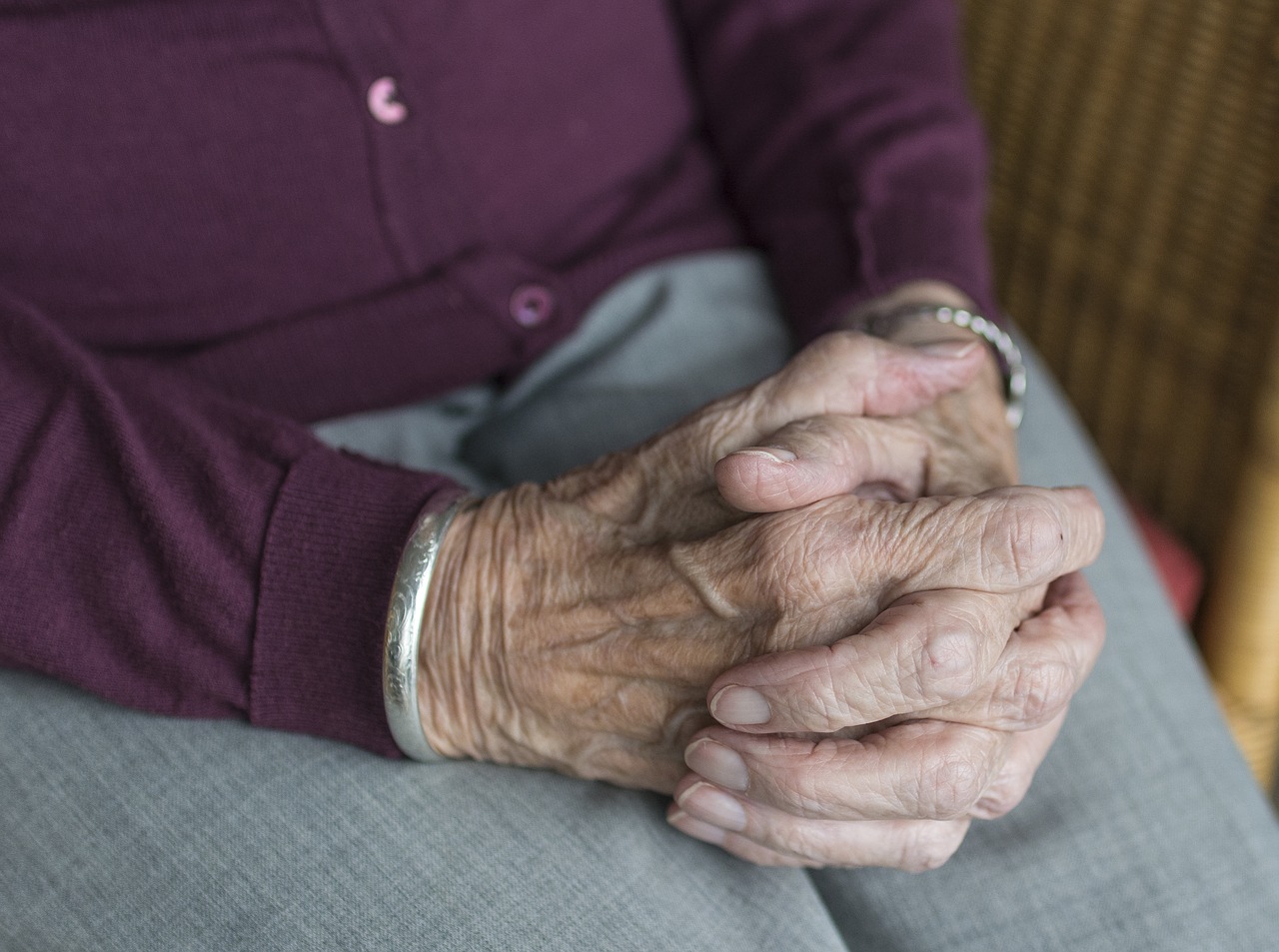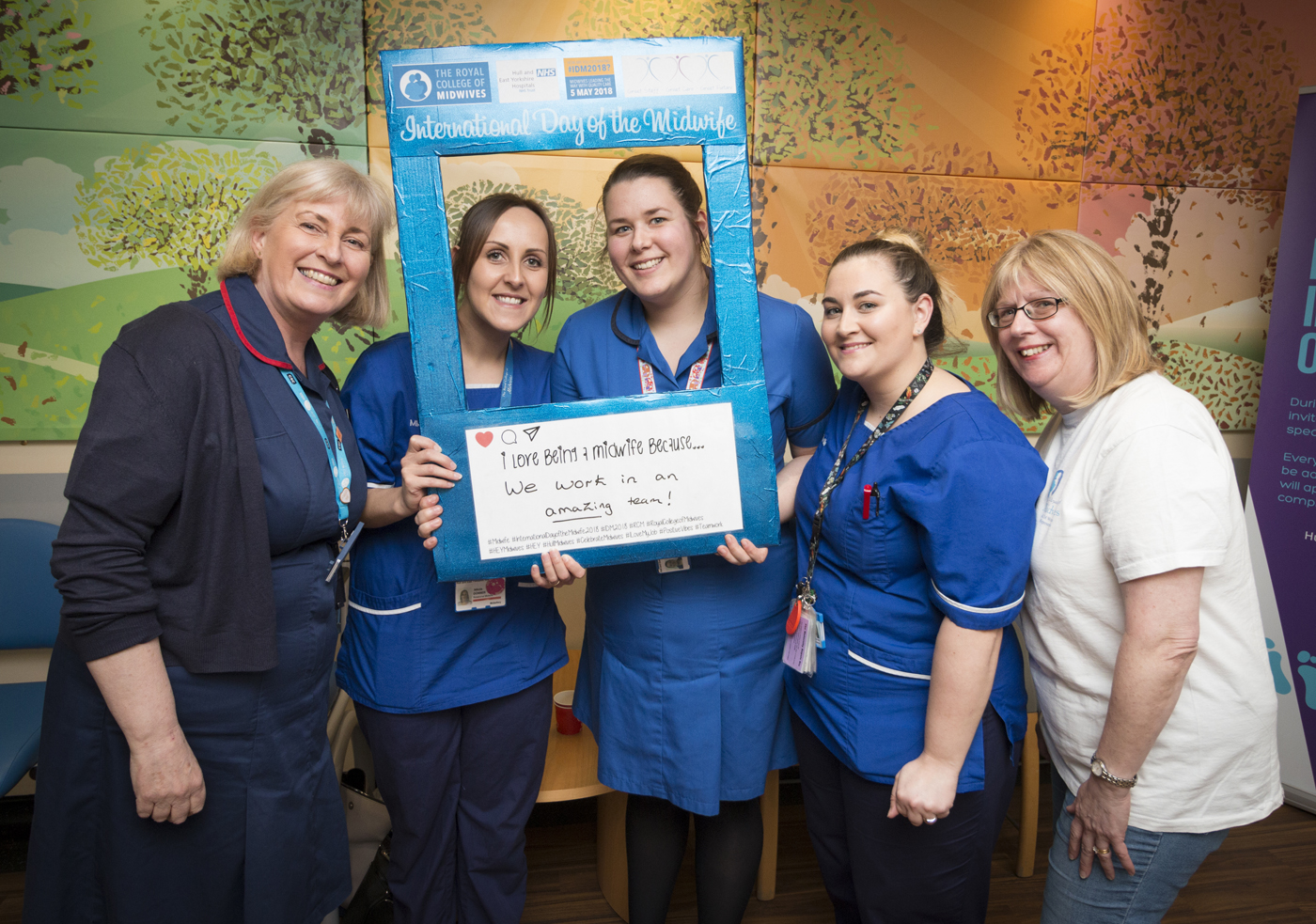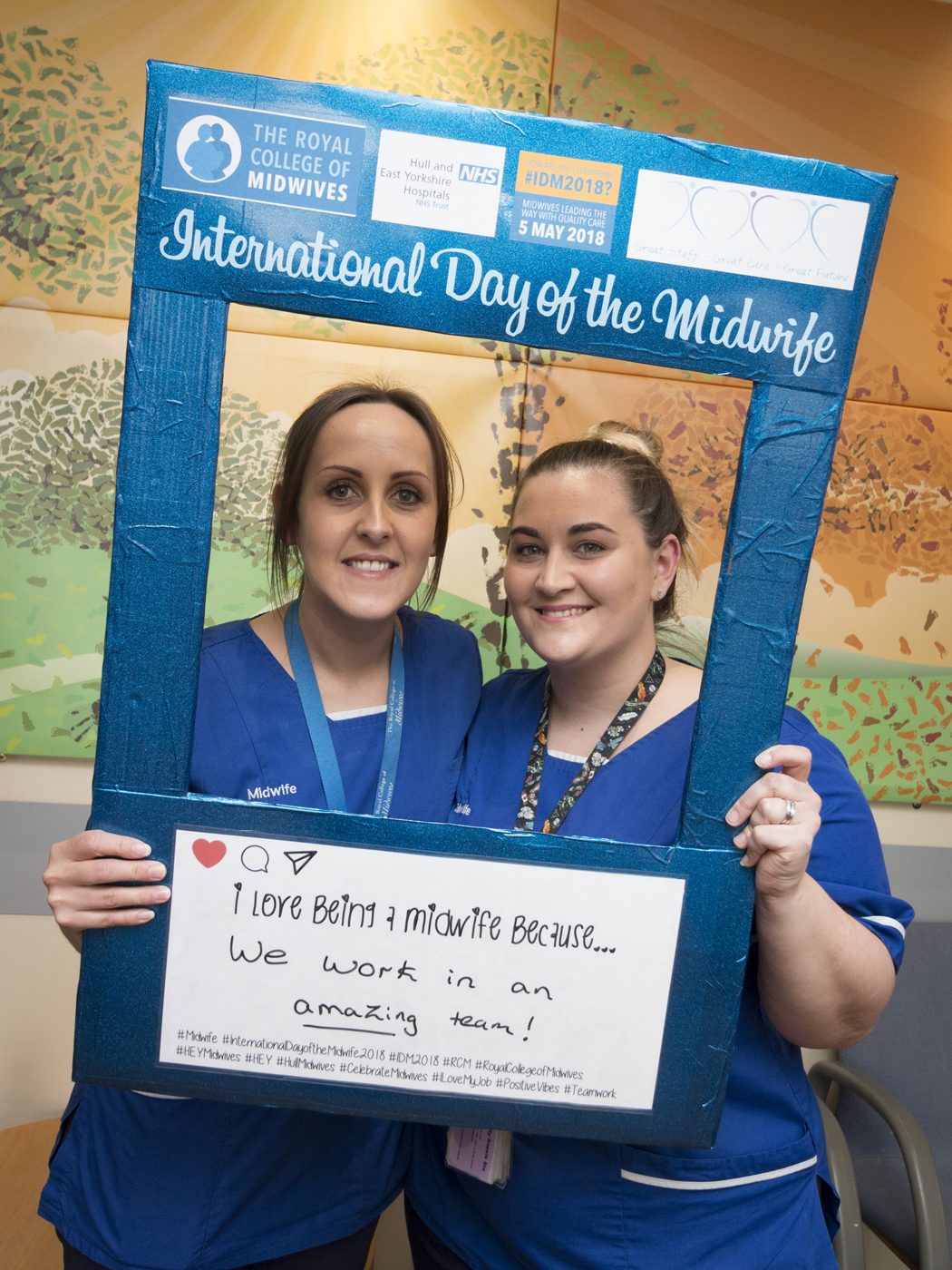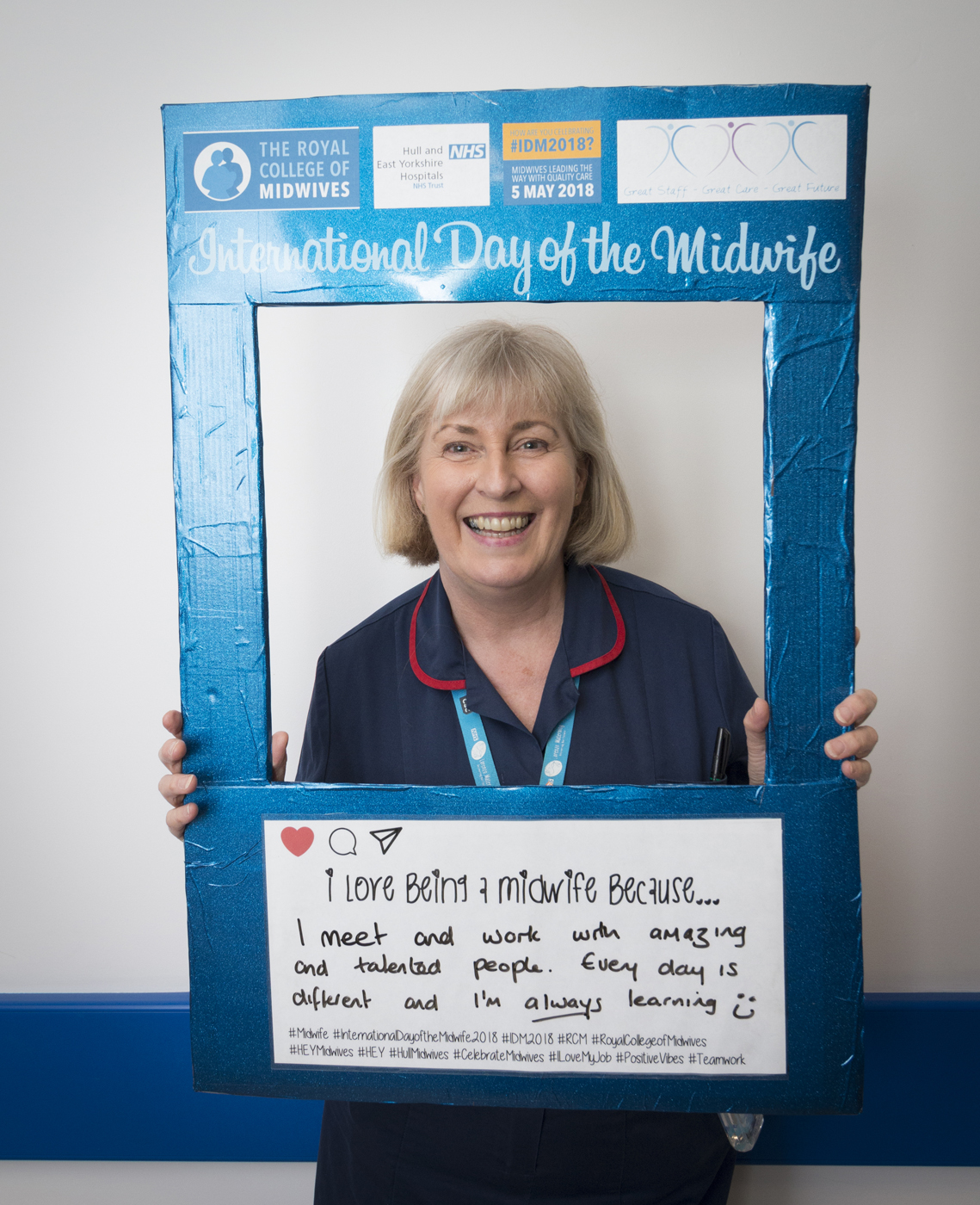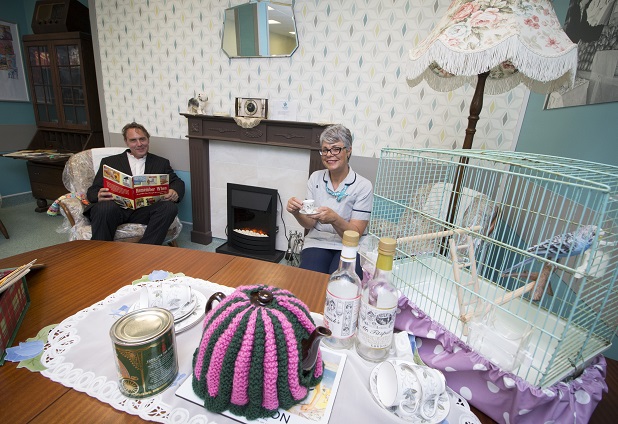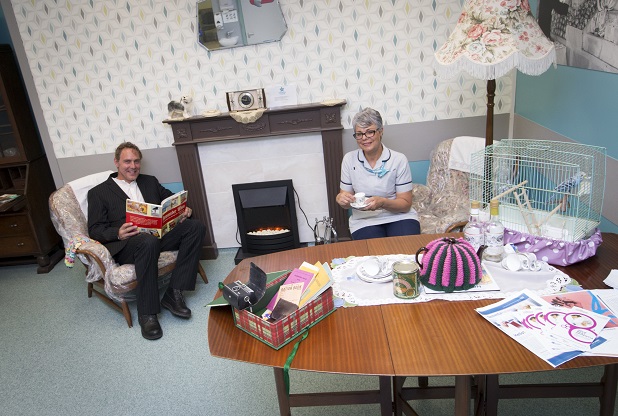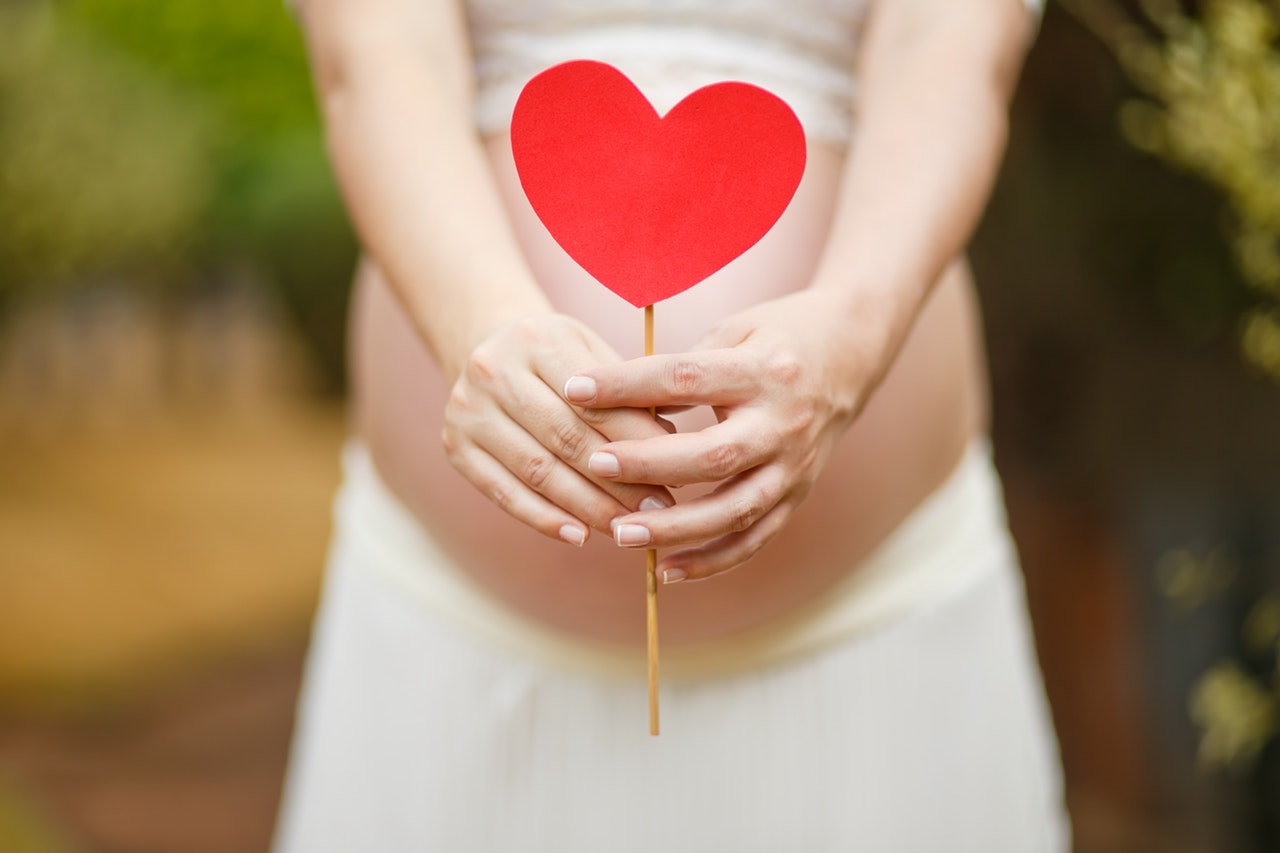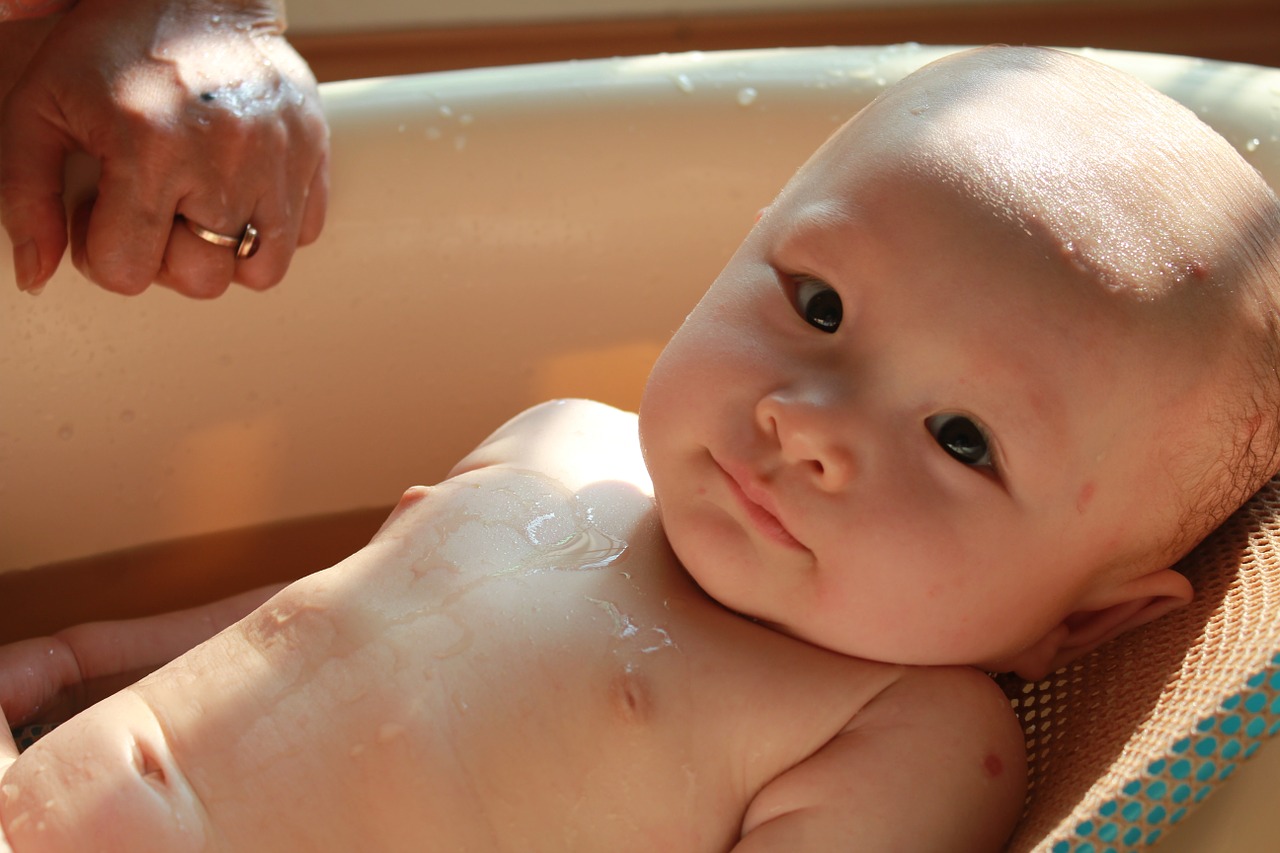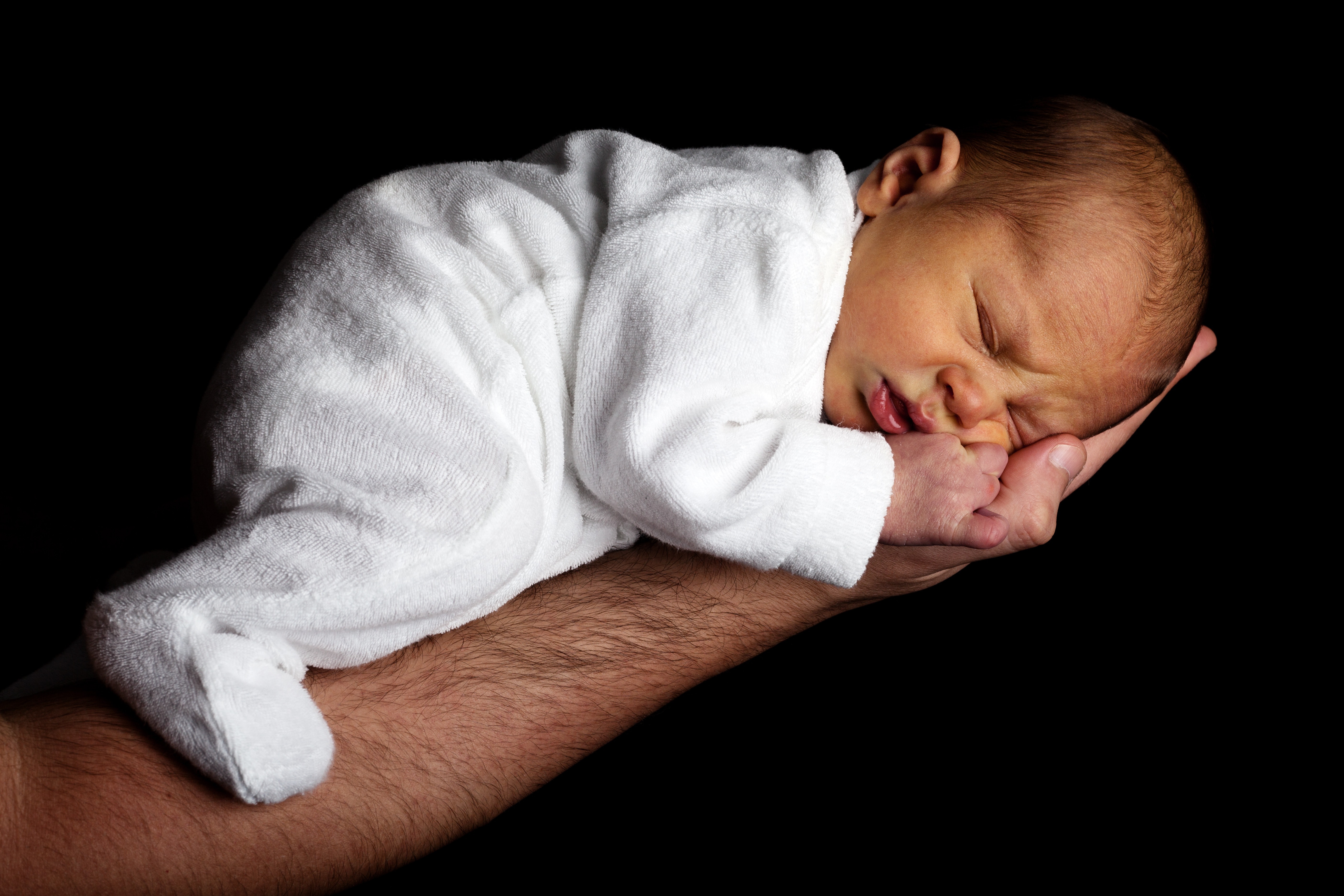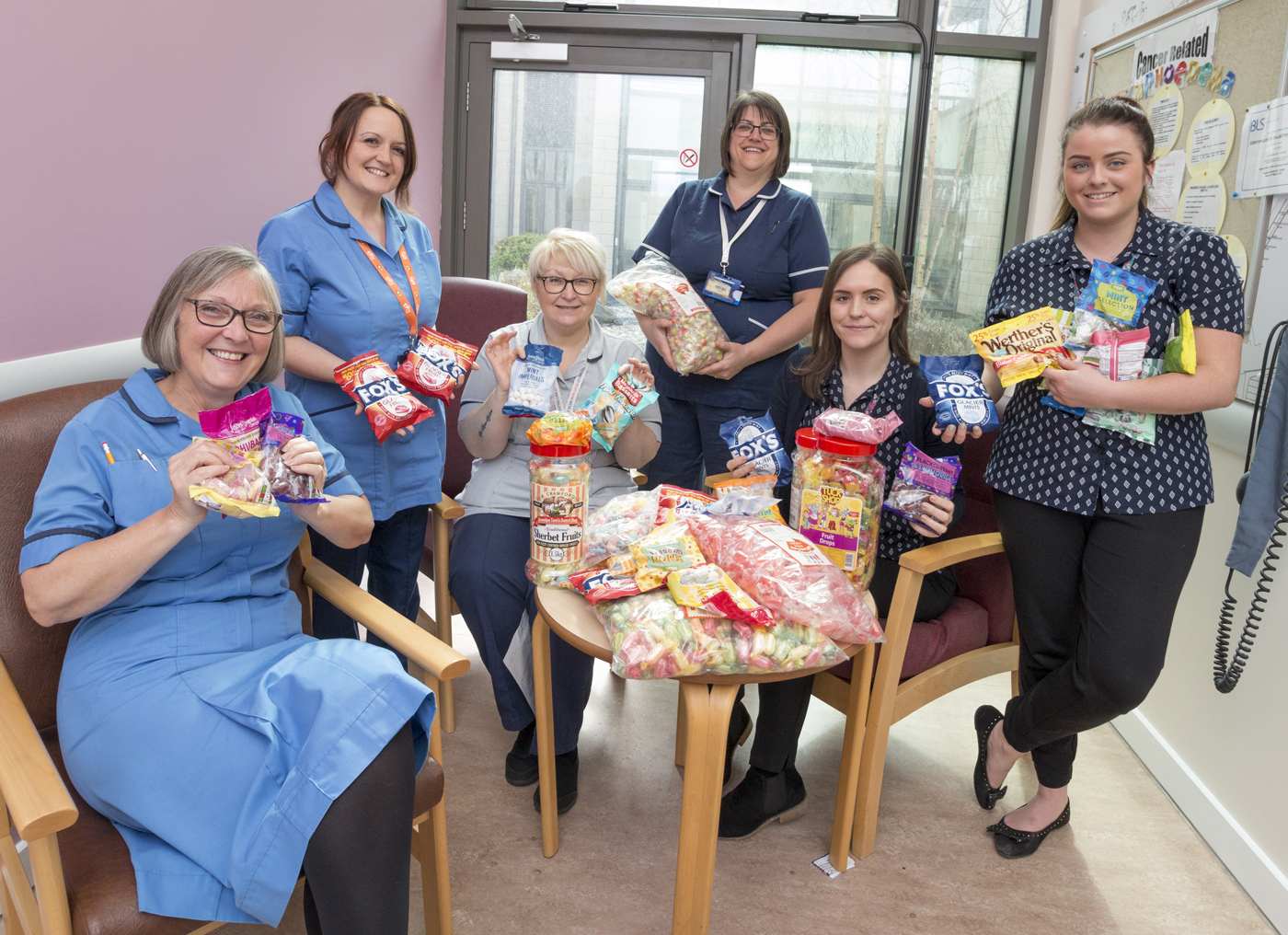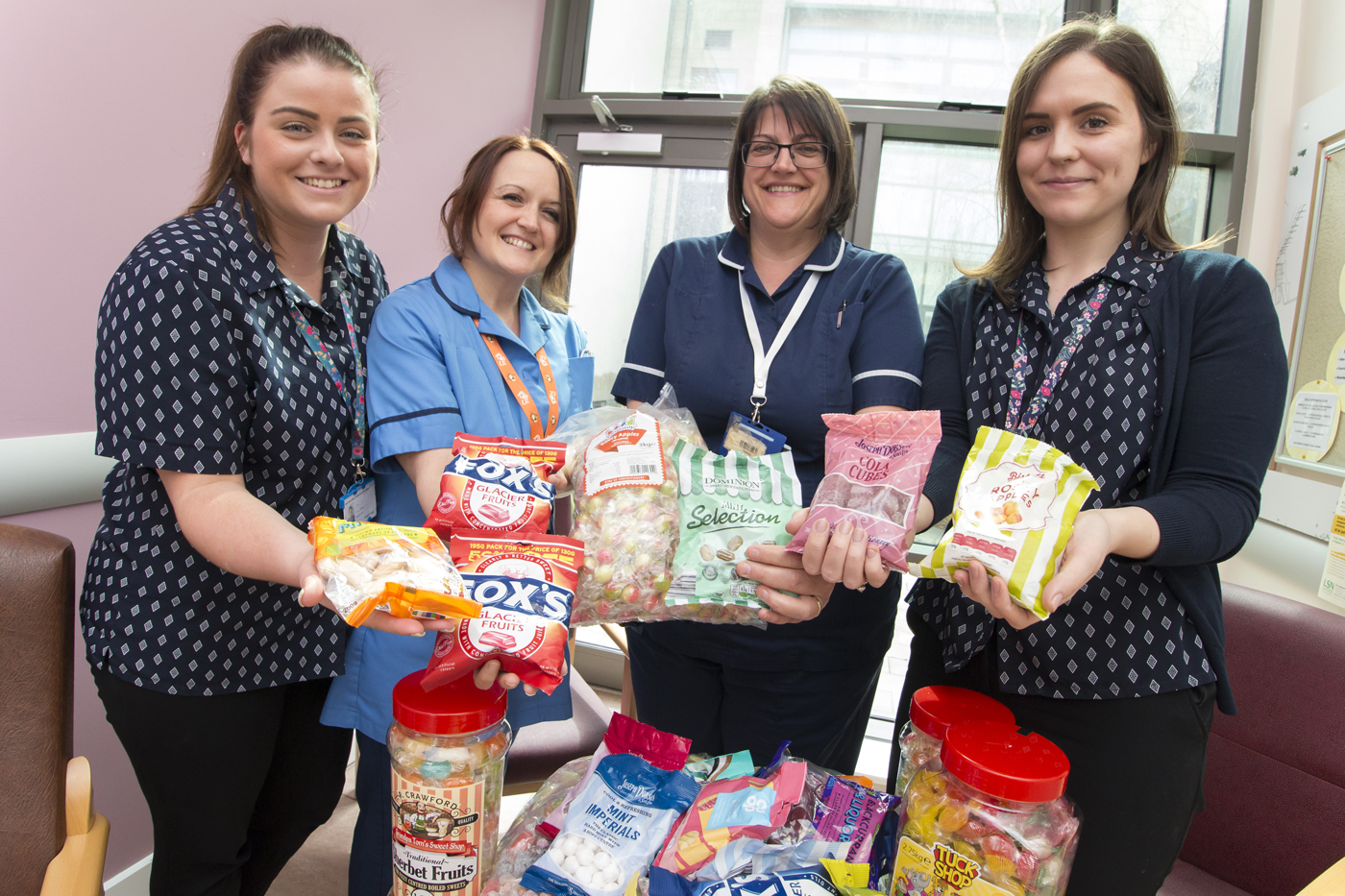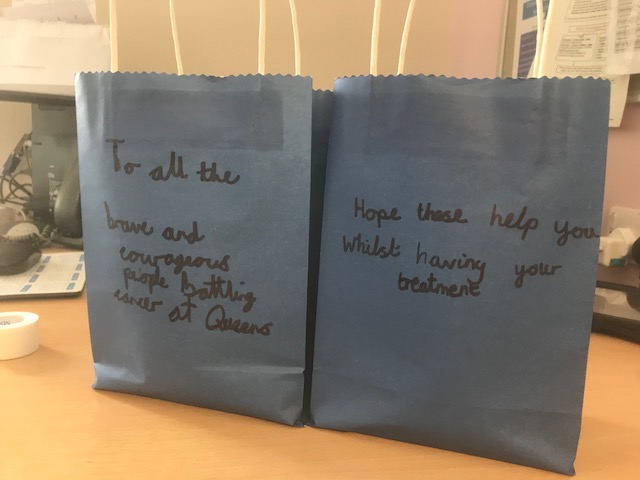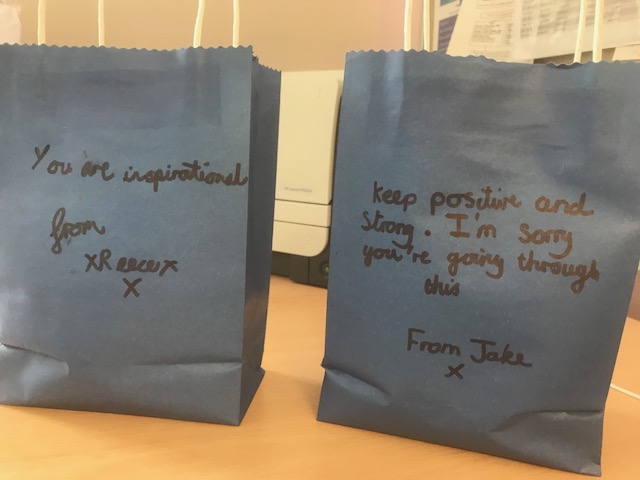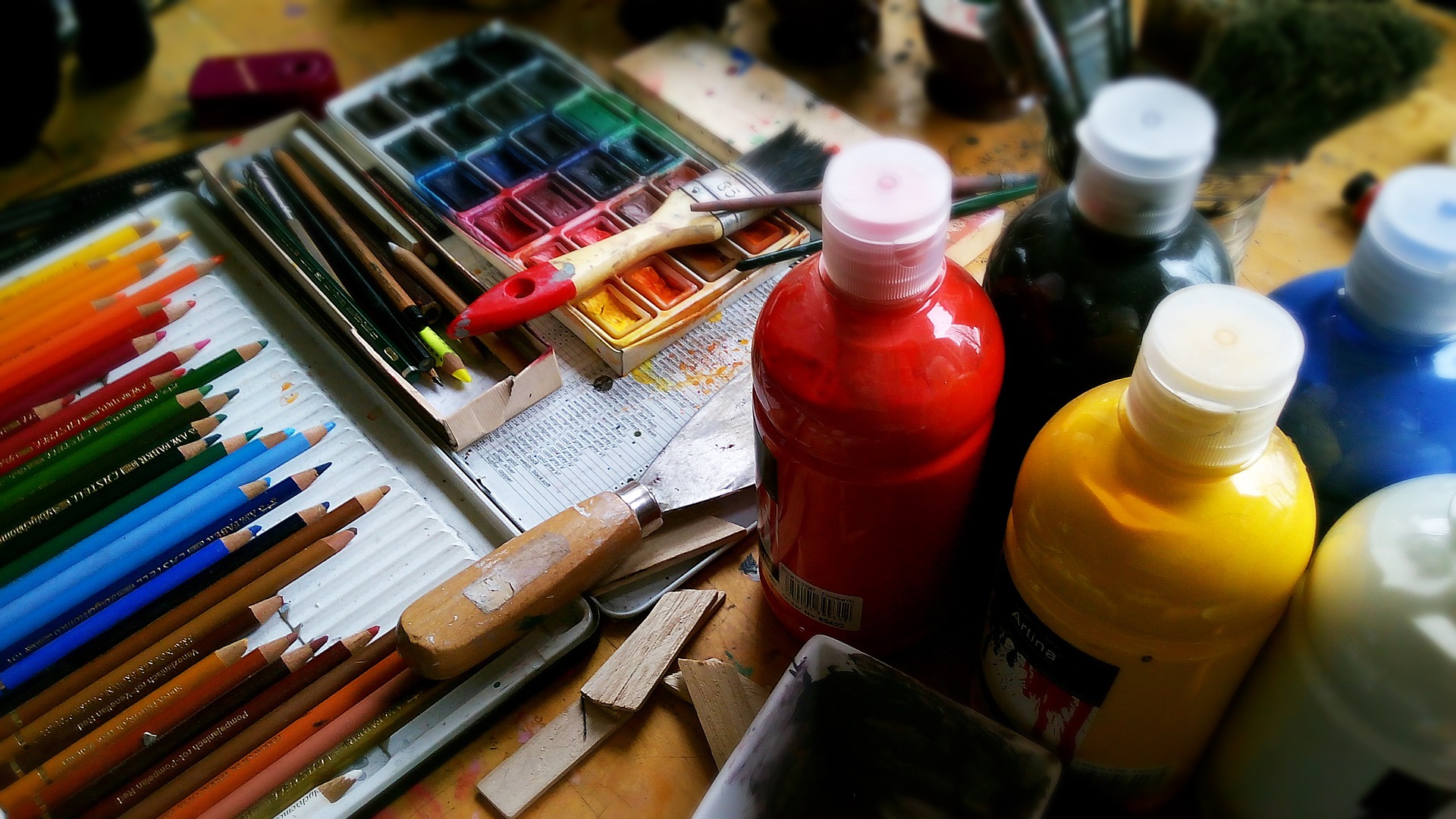Midwives at Hull University Teaching Hospitals NHS Trust answer your questions as part of our on-going work to support women at every stage of their pregnancy, through the birth and beyond after your baby’s arrival.
What’s happening to my baby?
By 13 weeks, your baby weighs around 25g
Just two weeks later, at Week 15, they can hear muted sounds from the outside world as well as the sound of your voice and heart.
Their eyes also become sensitive to light, even though their eyes are shut, and they can register a bright light outside your stomach.
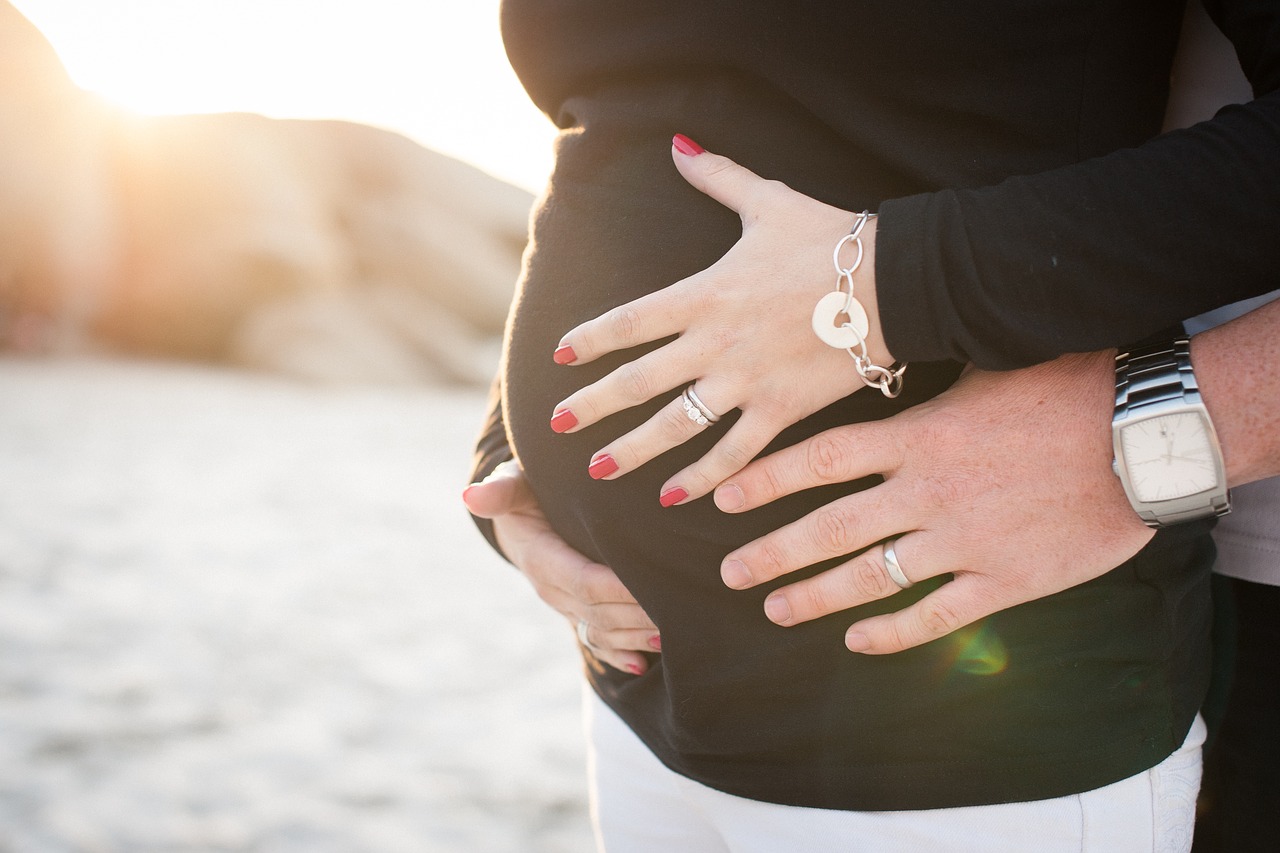
At 20 weeks pregnant, you’re halfway through your pregnancy. You might feel your baby move for the first time when you’re around 17 or 18 weeks pregnant. Most first-time mums notice the first movements when they’re between 18 and 20 weeks pregnant.
By 21 weeks, your baby weighs around 350g. From about this stage onwards, your baby will weigh more than the placenta, which is feeding your baby with all the nutrients it needs. Until now, the placenta was heavier than your baby. The placenta will keep growing throughout pregnancy, but not as fast as your baby.
By the end of the second trimester your baby’s eyelids open for the first time and she or he will soon start blinking. However, it’s not until some weeks after the birth that your baby’s eyes become the colour they will stay.
What about me?
Most women say this is the time when their pregnancy starts to feel real. You might just have told your family and friends after your first scan and trying to keep those feelings of sickness and tiredness to yourself.
The good news is most women should start to feel better when you move into the period between the 13th and 28th week of pregnancy, known as the second trimester.
Those feelings of tiredness associated with early pregnancy are probably subsiding. If you’ve experienced morning sickness in the first few weeks, chances are you’ll be feeling better now.
You might have an increased sex drive as a result of pregnancy hormones or increased blood flow to the pelvic area but lots of women don’t get this so don’t feel there’s anything wrong.
A small bump is beginning to emerge and the urge to go for a wee more often will subside, although not altogether.
What tests will I be offered?
You’ll be offered your second ultrasound scan at around 20 weeks. This scan is part of the screening programme and is to check for abnormalities in the baby. Your midwife will give you information about this and answer any questions you may have.
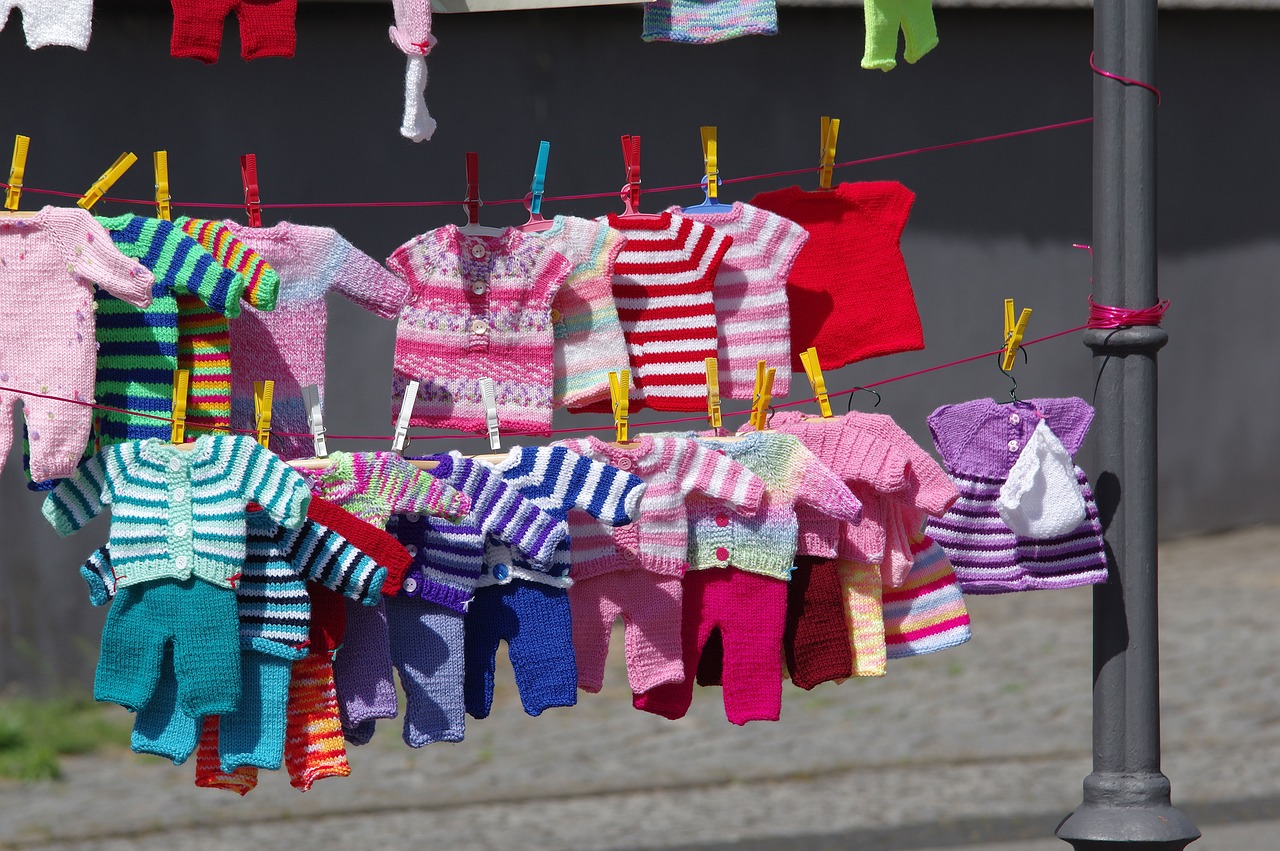
The sonographers may be able to inform you at this scan whether you are having a boy or a girl once they have completed the detailed observation of your baby.
Photographs of the scans at 20 weeks, costing £8, can be obtained from the machine in the foyer of the Women and Children’s Hospital. You can use either cash or a card and order as many copies as you would like.
At your 28-week appointment, you will be offered a blood test. The tests routinely offered are a full blood count to check iron levels, white cell count and platelets and a blood grouping and antibodies to ensure you haven’t developed any antibodies in your pregnancy.
Seeing the midwife
You will see the midwife at between 24 and 25 weeks if this is your first baby or for women who require closer monitoring.
At these appointments, the midwife will undertake a full antenatal assessment including checking your blood pressure and will listen to your baby’s heart rate. The midwife will also discuss with you your emotional well-being.
At each antenatal appointment, you’ll be asked to provide a urine sample, This is to test for minor infection or to observe for symptoms associated with high blood pressure and diabetes.
From your appointment at around 28, weeks the growth of your baby will be monitored. This may be through measuring the height of your uterus or by regular scans. The measurements from both of these will be plotted onto a personalised growth chart within your handheld notes.
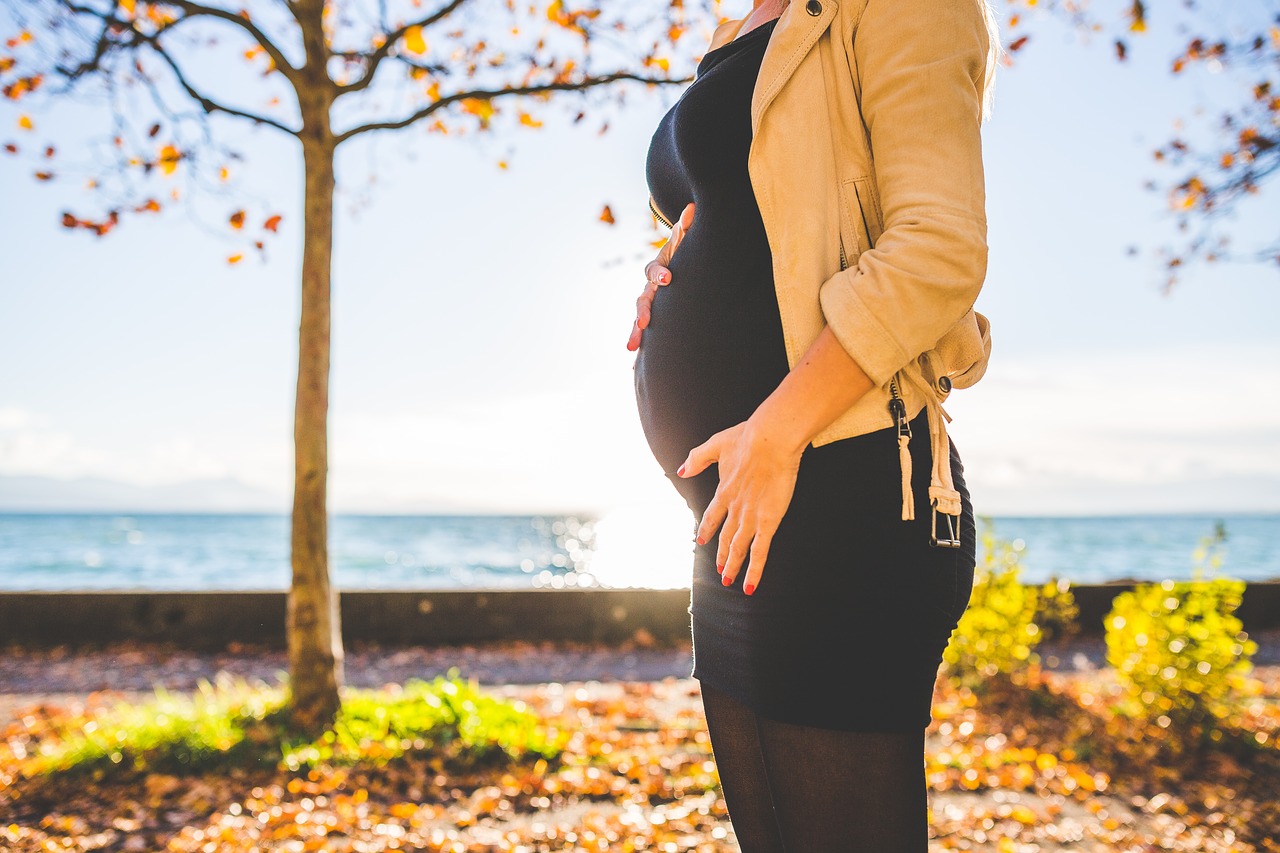
From the 20-week scan, you can phone or email the Hey Baby line on 07769671449 or email hyp-tr.hey.baby@nhs.net to book your free NHS antenatal classes if you live within the Hull boundary with an HU1 to HU9 postcode. You can attend with a partner or a friend.
The classes are held in different areas of Hull and are over three weeks, provide information on labour, birth, caring for your newborn, infant feeding, safer sleeping, caring for you and your baby, healthy lifestyles and safety in the home.
UsMums also arrange a post-natal catch-up where you can meet up with the other new mums and partners from the group around six weeks after your baby is born.
If you live in the East Riding, you can book classes at your local children’s centre or ask your community midwife for more details.
Planning for the birth
It’s never too soon to start thinking about your options for birth and your midwife will already have discussed your options at your booking in appointment.
These include having a home birth, having your baby in the Fatima Allam Birth Centre or, for some women, the most appropriate place to give birth is on the obstetric unit under the care of a consultant obstetrician.
It is really important that you have these discussions early and that you start planning well ahead of your due date although your options for place of birth can change at any point during your pregnancy.
You can get advice from your midwife or you can come along to the HEY Baby Carousel to chat to midwives about the best options for you and your baby.

Maternity leave and financial matters
At your appointment around 16 weeks, you will be offered an FW8, a form which you send off to receive an exemption card, entitling you to free NHS prescriptions and dental care until your baby is one. If you are able to apply for Healthy Start Vouchers, you can also obtain this form at your appointment.
Once you have passed your 20th week of pregnancy, you are able to obtain a MATB1 which your work will require and to enable you to apply for some benefits. You can get your MATB1 when you are seen by the midwife, in the Antenatal Clinic or by attending the Hey Baby Carousel at Women and Children’s Hospital on the last Wednesday of every month, as long as you bring your green notes with you.
If you are taking maternity leave from work, you need to tell your employer in writing at least 15 weeks before your baby is due. If your partner plans to take paternity leave they also need to inform their employer at this time.
If you’re entitled to Maternity Allowance, you can claim from 26 weeks pregnant. Visit www.gov.uk for more information on benefits for families.
When to see the doctor?
Most women won’t experience any problems during pregnancy but it is important to be aware of significant signs and symptoms that need to be discussed with a medical professional.
You need to contact the maternity unit immediately if you have:
- Noticed your baby’s movements have changed
- Any vaginal bleeding or leaking of fluid
- Obvious swelling of your hand, face or upper body
- A persistent headache
- Any problems with your vision (blurring, flashing lights, spots, difficulty focusing)
- Severe pain just below the ribs, in the middle of your tummy
- Itching, particularly of your hand or feet
Please contact your GP if you experience any other health-related issues.
